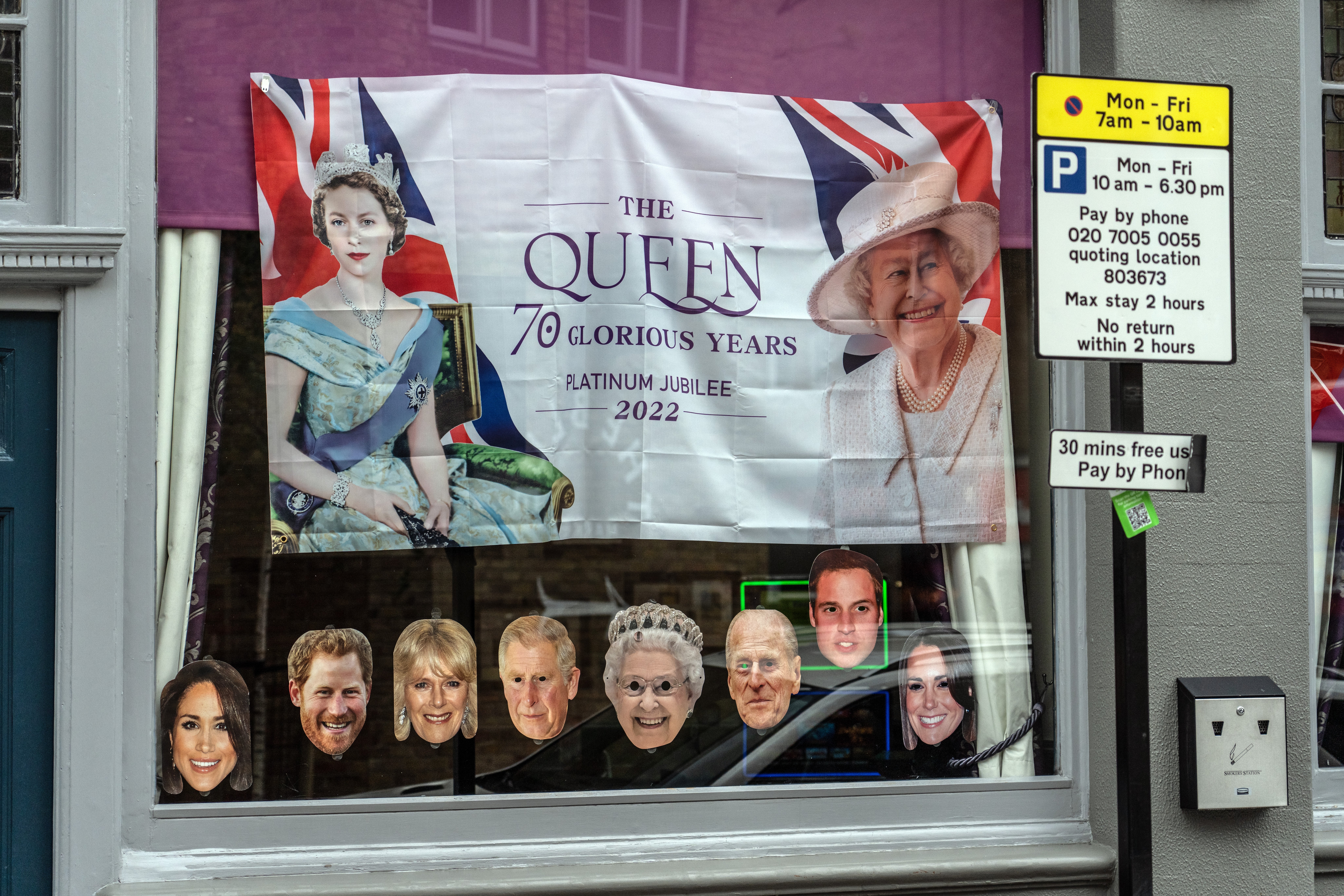It’s time to get rid of the royals – and their favourite mantra
The ‘never explain, never complain’ approach fits perfectly with the concept of royalty – where a handful of people are placed above everyone else


With the country seemingly gripped by Platinum Jubilee fever – symptoms include bulk-buying paper plates, cups, plastic bowler hats and bunting emblazoned with the Union Jack, feeling anything other than vague horror when hearing the words “street party” or seeing a postbox wearing a crocheted jubilee “topper”, and parting with hard-earned cash in exchange for all manner of bizarre monarchy-related merch – there has never been a better time to consider ridding this country of the institution of monarchy.
After the Cambridges’ PR disaster of a Caribbean tour, sources suggested that Prince William was considering modernising long-held royal protocols, including scrapping the unofficial policy of “never explain, never complain”.
I agree with him. A good spate of modernising is long overdue, but why stop at the royals’ favourite mantra?
The phrase “never explain, never complain” was coined by former Conservative prime minister Benjamin Disraeli, who served in the late 1800s, and adopted by other PMs, including Churchill and Stanley Baldwin. The Queen Mother was a fan, and it’s also the mantra that Queen Elizabeth II has lived by in terms of her relationship with the press and public.
Today, it seems ridiculously outdated – as does, I would argue, the very idea of the House of Windsor itself.
A Victorian throwback, “never explain, never complain” is a product of a bygone era that was characterised by stiff upper lips, women being the property of their husbands and a lack of understanding about basic hygiene. It’s the idea that to command power and respect, you should be distant, silent and above it all. It’s about superiority – rising above the little people with their petty concerns, their ignorance and their greed for gossip.
Perhaps it was a useful approach when people believed that the royals were given the right to rule over their subjects by God. Cultivating an aura of deified mystery might have helped to keep the whole charade going.
The “never explain, never complain” approach fits perfectly with the concept of royalty – where a handful of people are placed above everyone else, to be venerated as they ride around in gold carriages, wear priceless jewels and smile at flag-waving kids (or reach out to Black children behind wire fences, in the case of the Duchess of Cambridge).
These days, we’re hopefully a bit less blindly deferential. The royals weren’t given their titles by God, and “never explain, never complain” is patronising and arrogant. It’s just another way of treating the public – who, at least partially, fund the Windsors’ lavish lifestyles – as “less than”.
I’m not, of course, suggesting that the royals should respond to every gossipy story or bit of speculation that concerns them – or glue themselves to Twitter, arguing with johnnyboy43769 about who wore a particular tiara best.
However, in the case of serious issues like racism, Britain’s colonial history and reparations for the slave trade; a “never explain” approach feels absolutely inappropriate – and wrong.
The Windsors should not be considered above giving an explanation. Staying silent and aloof – as they did even in the face of racism accusations within the family, saying that the matter would be handled “privately” – will do them no favours. The British public and the citizens of commonwealth countries deserve explanations. We’re not children, easily distracted by sparkly dresses and military regalia.
To keep up to speed with all the latest opinions and comment, sign up to our free weekly Voices Dispatches newsletter by clicking here
How does the royal family intend to help heal the wounds of colonialism? How much of disgraced Prince Andrew’s reported multi-million pound settlement to his sexual abuse accuser, Virginia Giuffre, came from public money? What positive and useful purpose can the royal family serve in Britain today?
Over the long bank holiday weekend, we are encouraged to celebrate the Platinum Jubilee and the Queen’s 70 years of service by splashing cash on comemorative memorabilia, royal-themed food and drink options supposedly favoured by Elizabeth II, so you can “eat like Her Majesty herself for the day”, party decorations and much more.
In the midst of a spiralling cost of living crisis, where food banks warn they are close to “breaking point”, energy bills have increased by an average of 50 per cent, and struggling families are unable to cook hot food because they cannot afford to turn on their hobs – the timing is undeniably off. And as long as we have millions of children (3.9 million, 27 per cent of kids in the UK) living in poverty and the shameful and intrenched scourge of inequality in our society is not addressed, then the timing will never be right.
Don’t worry that your finances and quality of life are being squeezed from every angle, just wave your little flag and lose yourself in the pomp, the spectacle, the lavishing of public money on celebrating a figurehead whose birth guaranteed them the absolute best of everything. Hereditary roles and titles have no place in contemporary Britain – they make a mockery of achievement by virtue of merit and hard work.
Prince William is quite right – “never explain, never complain” has to go. It should be consigned to the dustbin of history. Perhaps, before long, the whole concept of the monarchy will happily follow.
Join our commenting forum
Join thought-provoking conversations, follow other Independent readers and see their replies
Comments
Bookmark popover
Removed from bookmarks